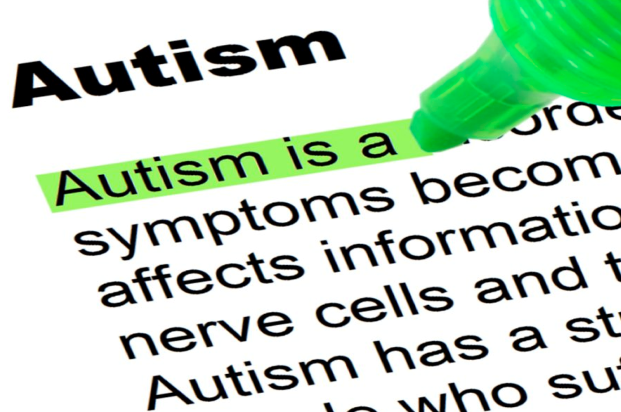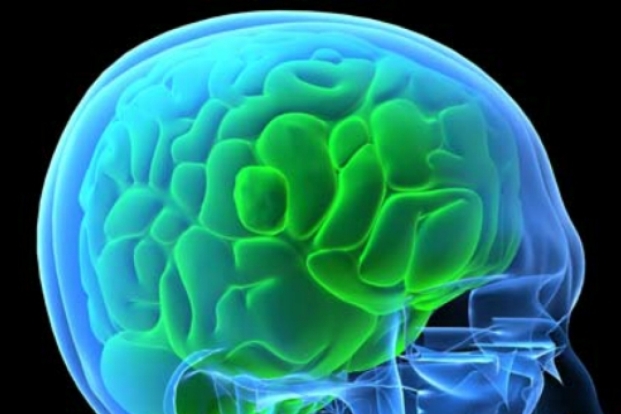Categories
- Bariatric Surgery (11)
- Black Fungus (5)
- Bone Marrow transplant (3)
- Brain Tumor Surgery Navigation Technology (20)
- Cardiac Surgery (66)
- Cardiology (97)
- Computer navigation technology for joint replacements (20)
- Covid Vaccination (17)
- Critical Care (2)
- Dental (19)
- Dermatology (31)
- Dialysis Support Group - “UTSAAH” (11)
- Dietitian (33)
- Emergency Medicine (4)
- Emotional Health (11)
- Endocrinology (33)
- ENT (20)
- Gastroenterology and GI Surgery (53)
- General and Laparoscopic Surgery (21)
- General Surgery (4)
- Gynecology & Obstetrics (183)
- Hematology (20)
- Internal Medicine (294)
- Kidney Transplant (50)
- Kidney Transplantation (20)
- Lung Cancer (8)
- Minimal Invasive Surgery (1)
- Mother & Child (20)
- mucormycosis (5)
- Nephrology (61)
- Neurology (147)
- Neurosurgery (68)
- Nutrition and Dietetics (107)
- Omicron Variant (1)
- Oncology (288)
- Ophthalmology (10)
- Orthopaedics & Joint Replacement (86)
- Paediatrics (59)
- Pediatric Nephrology (3)
- Physiotherapy (5)
- Plastic & Reconstructive Surgery (6)
- Psychiatry and Psychology (90)
- Psychologist (28)
- Pulmonology (72)
- Rheumatology (13)
- Spine Services (21)
- Transradial Angioplasty (16)
- Urology (84)
Query Form
Posted on Apr 19, 2022
What are the common signs & symptoms of Autism?
Autism spectrum disorders (ASD) or autism are childhood neurodevelopmental disorders, typically noticed in the first 3 years of life and are diagnosed by the child’s impairment in social interaction, impairment in communication and presence of restricted and/or repetitive stereotyped behaviors or activities. The child lacks social interactions by not making eye contact, facial expressions, lacking social / emotional reciprocity and other gestures regulating such interaction. Lack of communication is manifest as delay / failure to develop spoken language or by inability to initiate/ sustain conversations or use of stereotyped/ repetitive language. Restricted/ repetitive behaviors or activities examples include hand flapping, spinning, persistent preoccupations with parts of objects as wheels of a toy car, self-injurious mannerisms as head banging, preference to lay alone.

ASD are caused by interaction of genetic and non-genetic factors like certain infections during pregnancy as rubella, certain medicines taken during pregnancy, stress, maternal diabetes. Exact cause of ASD is likely multifactorial.
Certain neurological symptoms, in various combinations, may also exist in a child with ASD. The child may appear clumsy, may be hyposensitive to pain but hypersensitive to touch, irritable to noises, may be hypoactive/ withdrawn or hyperactive, have a below average IQ. The child may a regression (loss of) in previously learnt verbal and non-verbal communications.
Children with ASD have an increased incidence of seizures dependent on their age and intellectual disability. 40-86% of children with ASD have sleep disorders as difficulty in falling asleep, frequent awakenings. Sleep problems may also be related to other complaints as underlying GI issues, seizures, psychiatric comorbidities. Psychiatric conditions occurring in co-association with ASD include anxiety, depression, deficits in attention, irritability and aggression.
Gastrointestinal (GI) issues such as pain abdomen, constipation, resistance of child to pass stools resulting in impacted stools collecting in lower GI tract and then leaking. An important advice to parents is that certain immunizations, particularly MMR, have been linked to causing ASD but there is no scientific evidence supporting this.
Diagnosis of ASD rests of recognition of above clinical features and clinical examination-based screening tests. Hearing test should be done in all cases with suspect ASD. Other tests as genetic testing, blood tests, EEG and MRI brain may be required in some children to differentiate ASD from other look alike disorders.
Crux of management of children with ASD includes behavioral and educational therapies.
These are customized training programs for these children executed by duly trained professional teachers. These should be implanted as soon as the diagnosis of ASD is made and have been shown to result in better outcomes. Schools should aim at a low and preferably 1:1 student/ teacher ratio. These children need greater time and attention in learning from parents, teachers and society. Therapies for speech, helping children with gross and fine motor skills are highly beneficial.
No diets have been scientifically proven for children with ASD. There is however subjective improvement noted with gluten free and casein free diets, specific carbohydrate diets (gluten free and low sugar). Diet rich in melatonin (our body hormone regulating sleep wake cycle) as bananas, oats, rice, sweet corn, tomatoes may help in improving sleep.
As children with ASD become adults there may be issues with their legal and financial guardianship, employment, community support. Various organizations catering to specific needs should be checked online or locally.



